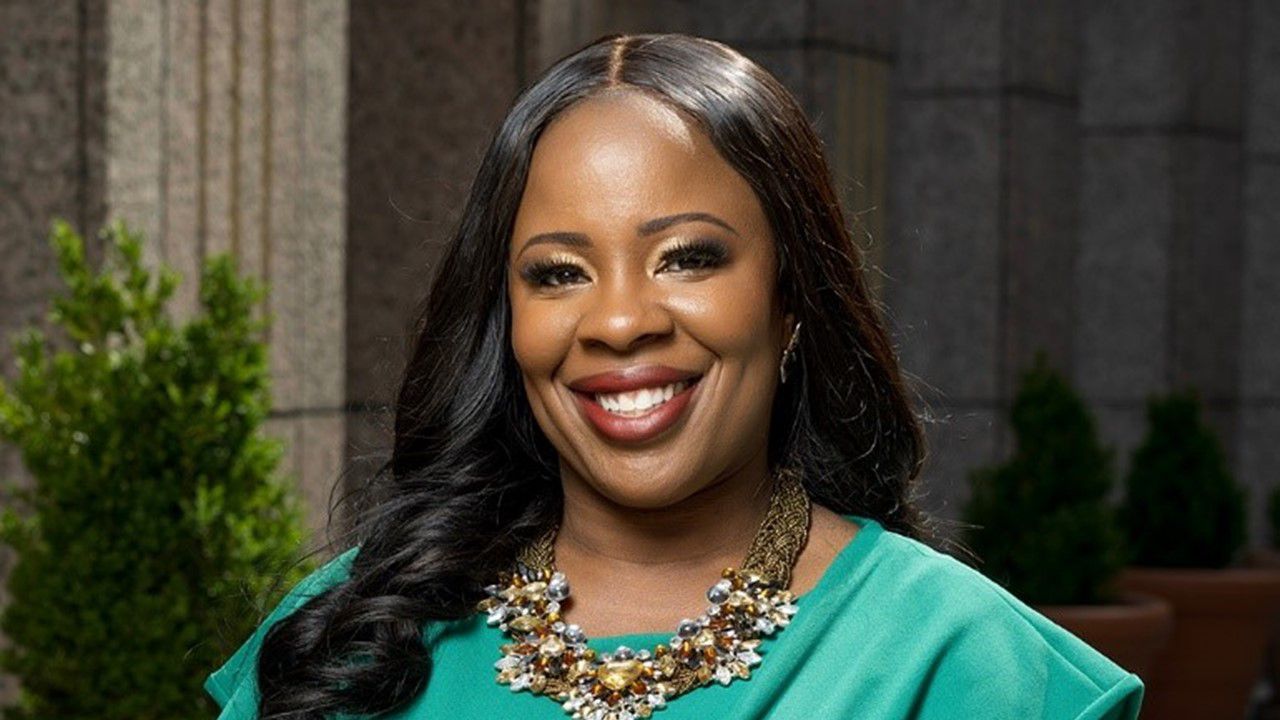As we enter July, Humana recognizes National Minority Mental Health Awareness Month to bring awareness and action to the unique struggles racial and ethnic minority communities face in receiving adequate and appropriate mental health care in the United States.
Being a primary care physician for over 20 years, I know firsthand how important mental health is to a person’s overall health. Taking a holistic view of health – physical, mental and social - is imperative to ensure people can achieve their fullest potential. However, pervasive stigmas attached to addressing mental health issues are often barriers for getting needed assessments and treatment, particularly in communities of color. Early in my career, I remember one of my senior African American patients telling me that she would feel more comfortable explaining to her family that she had diabetes and hypertension than she would telling them that she had depression. In that pivotal conversation, she explained to me that “no one will understand me taking pills for my mind.” This experience taught me how important it is to make sure that we in health care create space and safety for all people to embrace the importance of their mental health and reduce the stigma around doing so.
Humana is dedicated to improving the life of every person we serve. It means tackling the larger issues that stand in the way of optimal health for our members, patients and communities, one of those being mental health. We address this in part through programs, partnerships and support of:
- Behavioral health coverage, including mental health service, is included in varying amounts across all plans (view Summary and Benefits).
- Multigenerational community health support, inclusive of mental health services, as displayed in recent
health equity grants in Georgia . Humana Neighborhood Centers . With 39 facilities across 13 states, our centers are places where seniors can improve their mental, emotional, social and physical health in a familiar, caring place. They are open to everyone, offering daily educational classes on how to make the most of healthcare benefits, as well as cooking demos, crafts, meditation, chronic condition management and more.National Alliance on Mental Illness (NAMI), a nationally recognized, grassroots mental health organization to improve behavioral health outcomes within the communities Humana serves. NAMI is a subject-matter expert in Humana's mental health outreach strategies, and we have sponsored the NAMI Walk as well as conferences in six Humana markets.Volunteers of America (VOA), one of the nation’s largest, established comprehensive human services organizations, partnering with Humana on projects in six different states to impact communities including: scalingFamily Focused Recovery Programs to address underlying mental, physical and behavioral health concerns for mothers recovering from substance use disorder; social services for ex-offender members, such as an Ohio justice re-entry partnership helping members access holistic health care and support services as they transition back into communities; and a grant from theHumana Foundation to aid VOA’s mental health services offered to children, adolescents, young adults and families.Face the Fight which ensures veterans and military members, no matter their age, race or gender, have access to the care they need and deserve, especially individuals from underserved communities. The Humana Foundation made a $6 million philanthropic commitment as part of the new Face the Fight coalition, alongside United Services Automobile Association (USAA) and Reach Resilience, to support nonprofit programs with focus areas including: expansion of suicide prevention and training programs; clinical fellowships to strengthen the pipeline of qualified clinicians; and distribution of tools to veteran service organizations, the legal community and other entities who work with veterans and distribution of tools to veteran service organizations.- World Mental Health Day. In 2022, the Humana Foundation made a $13 million commitment dedicated to advancing health equity among underrepresented populations including vulnerable seniors, veterans and youth. An additional $5.5 million grant pledge will increase access to regional mental health services and support communities in addressing a range of mental health issues and expand racial equity training for mental health professionals across Kentucky, Florida, Louisiana and Texas.
We are proud of these joint efforts, and many more, yet there is more work to be done. We believe that mental health and wellness is just as important as physical health and wellness and take a holistic view on health. Read about Humana’s health equity efforts to address and remove barriers to health in both


